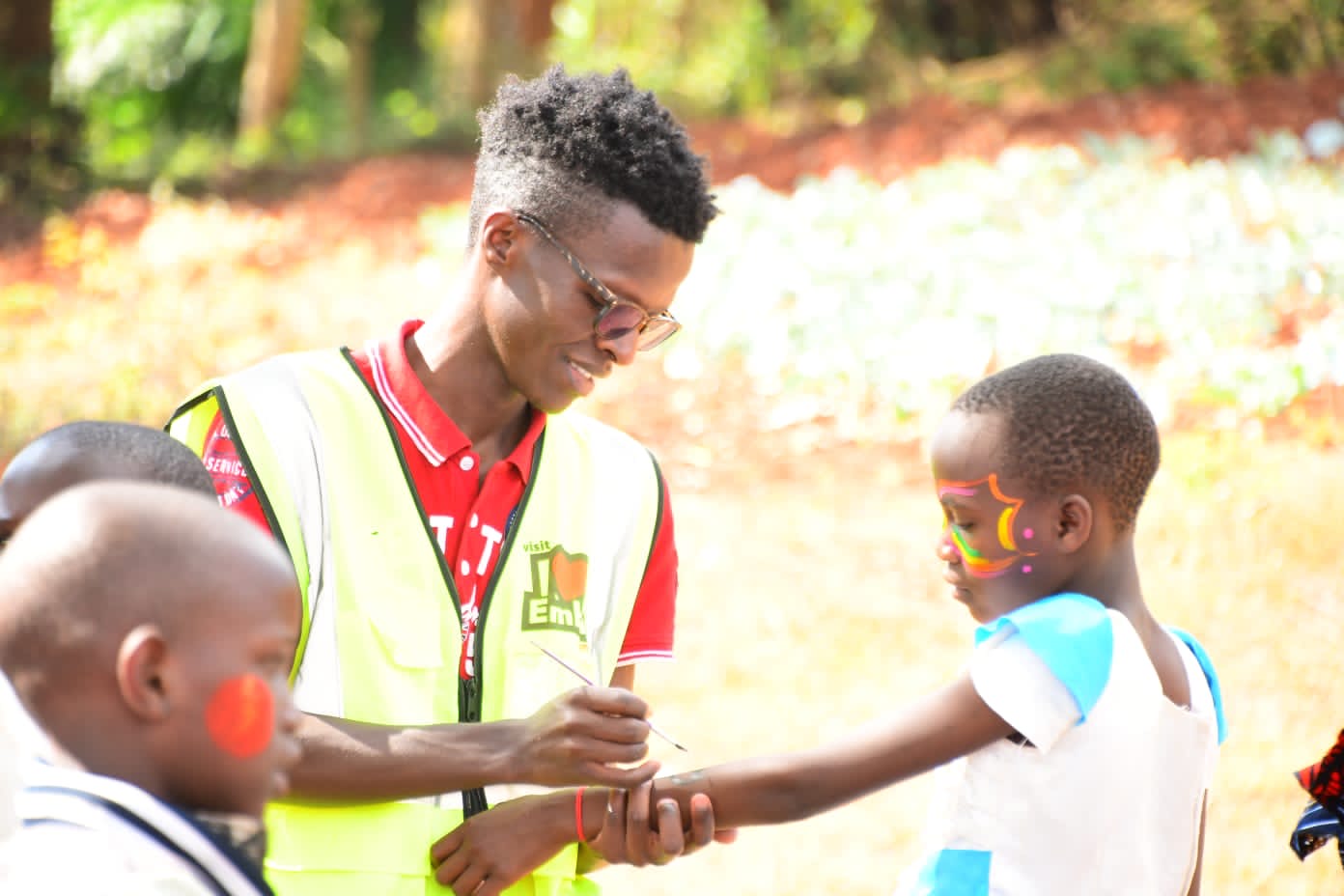
Why it is important for kids to play outdoor, here are benefits of kids playing outdoor


Today’s children typically spend approximately seven hours each day glued to electronic devices such as phones, laptops, tablets, and TVs. Research shows that children nowadays often exchange physical outdoor activities for more inactive ones, which can negatively affect their health and overall well-being.
Like many other parents, you are likely aware that your children spend more time looking at a screen than playing outside. Important individuals and sources of information have been giving attention to the decrease in physical activity levels among children for a long time – a prime instance being Michelle Obama’s “Let’s Move!” initiative back in 2010. Even after over ten years, it’s still common to see headlines about children preferring screens to physical activities. Parents are starting to understand the advantages of exercise for their entire family, yet a lot are still unaware of the importance of being active.
As a parent, you desire for your children to develop into healthy, balanced individuals with a firm grasp of independence and empathy. What are the advantages of outdoor play for children and why is it important to encourage kids to play outside in order to teach them these qualities? To begin with, getting children to play outdoors contributes to the development of their fine motor skills.
It also decreases body weight and enhances overall well-being, including increased muscle power, strengthened immune system, and a better mood. Additionally, engaging in outdoor activities offers many social advantages such as improved relationships with peers, increased self-awareness, and a deeper respect for the environment. Ultimately, outdoor play offers several advantages for emotional and intellectual growth, including engaging all senses and promoting further brain development.
Here are great benefits of Kids playing on outdoor
1. Easier Communication With Others
Indoor settings for kids are often smaller, sometimes prompting kids to compete with others such as siblings or classmates, for the attention of adults. These situations can overwhelm kids, often causing them to feel intimidated and withdrawn from their peers and caregivers.
2. Improved Peer-to-Peer Relationships
Kids who regularly play outside are generally more self-aware, with increased awareness of others feeling’s Interestingly, studies show that kids who spend time playing outside are less likely to become bullies later on.
3. Appreciation for the Environment
According to one study, 87% of people who played outside as kids valued nature as adults. Out of that sample, 84% said they still believe taking care of the environment should be a priority.
4. Greater Self-Awareness
Children who play outside are more likely to develop observational and reasoning skills. Playground activities, like swinging, have many physical benefits for kids. Being outdoors also lets them see the world from different perspectives. It shows them how to be aware of the space they’re in and teaches them concepts like cause and effect as an adult pushes them on a swing.
